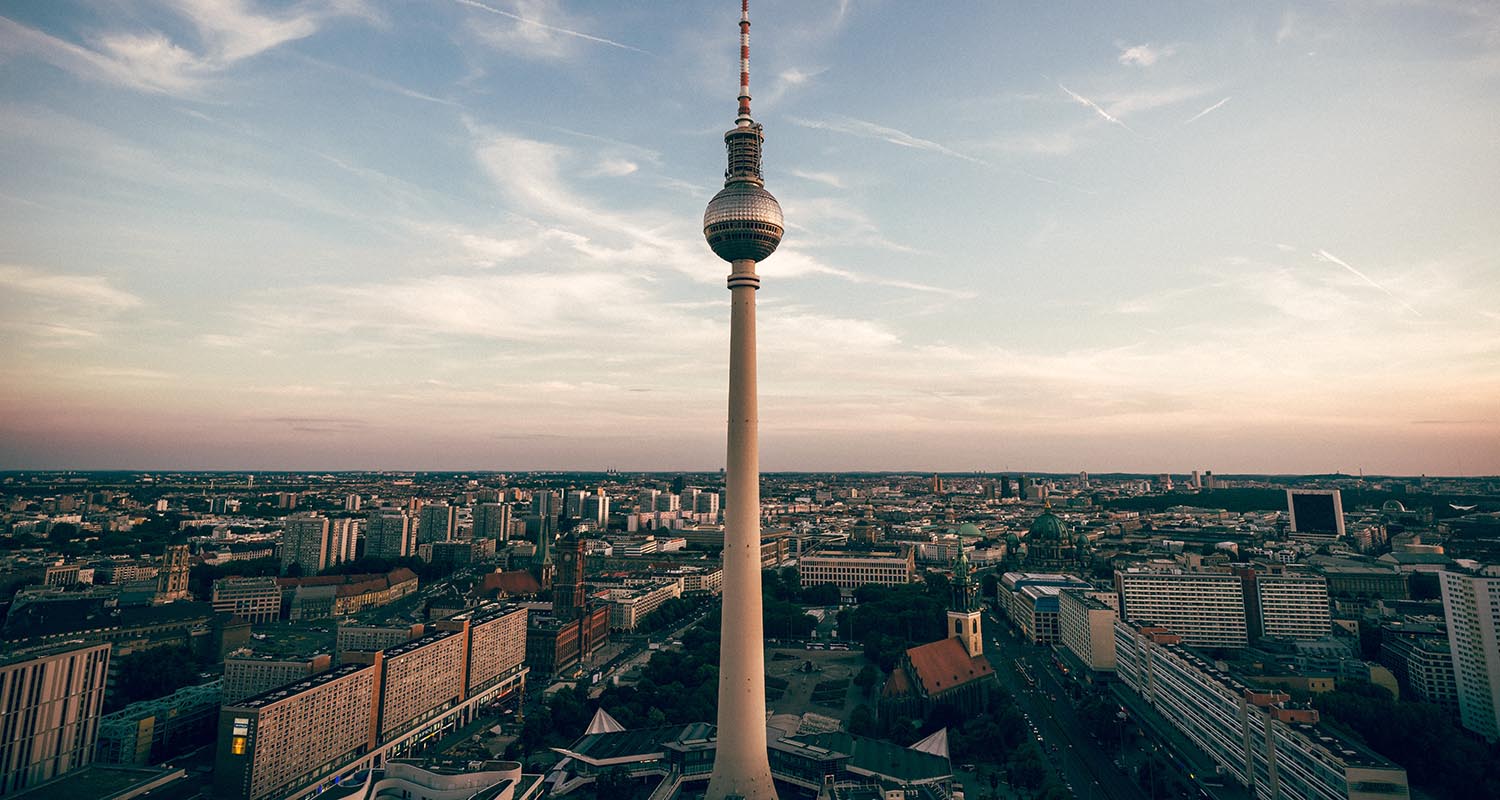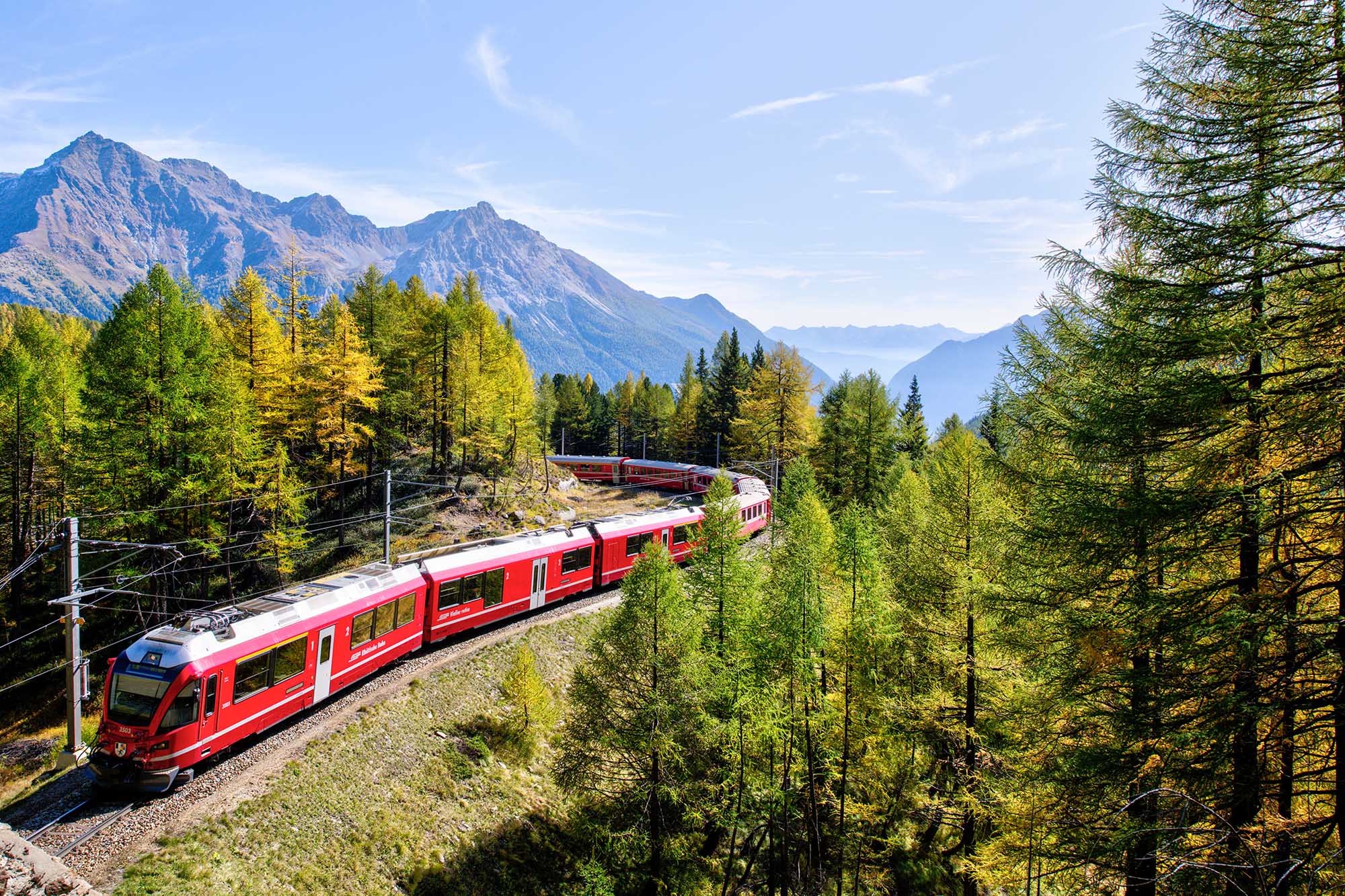
New high-speed railway line planned: travel from Vienna to Berlin 5 hours
This is to make environmentally friendly travel even easier!
11 June 2021
People who travel through Europe often use the diverse flight offers, as travelling by plane is often much faster. Travelling by train is much better for the climate, but also takes more time. A new high-speed train line could soon change that. A connection between Vienna and Berlin is being planned that will take train passengers from one city to the other in five hours.
However: it could still be quite a while before travelling between the cities is that easy...
From Vienna to Berlin in just a few hours
Currently, it takes about nine hours to travel from Vienna to Berlin by train. A duration that is simply too long for many travellers, who therefore prefer to take a flight. Germany, Austria and the Czech Republic are now planning to expand the route between Vienna and Berlin. According to German CSU politician Andreas Scheuer, the connection via Dresden and Prague is to be part of a European network of new rail links that will also include night trains. This should make it possible in the future to travel from Vienna to the German metropolis in just five hours.

The planned line is part of the so-called "Trans-Europ-Express TEE 2.0" concept, which oversees the expansion of high-speed rail lines between major European cities. The aim is also to ensure that the climate targets set by the respective countries are achieved better and faster.
A long wait
Yet, it will be a long time before the five-hour train connection between the two cities can actually be used. The line is not expected to be completed until the 2030s. According to experts, the project would take so much time, as there needs to be built a tunnel through the Ore Mountains first.


